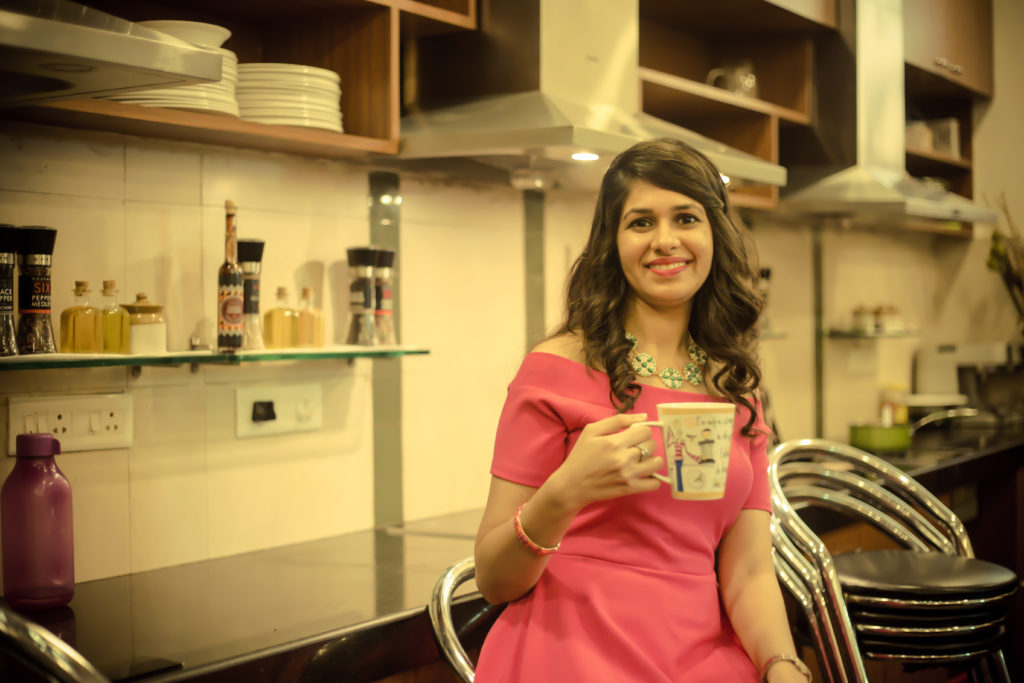
The same way you maintain your house and keep track of plumbing, electrical and carpentry problems, you need to regularly maintain the home your soul resides in – your body. This basic maintenance is necessary as it helps in timely diagnosis of any silent killer in the body. “Prevention is better than cure.” Not only prevention but it can also cut potential healthcare costs for more extensive medical care in the future.
Here is a ready reckoner to ensure that you keep your body in optimum health:
In your 30s: Do these tests annually (may be required more than once in a year in some cases):
Complete Blood Count (CBC): Used to diagnose anaemia, infections, certain types of cancer, and so on, it’s especially important for Indian women as we tend to suffer from iron deficiency anaemia and may require supplementation.
Blood Pressure Test: A reading equal to 120/80 is ideal. This is an important indicator for health: past, present and future.
Blood Sugar Test: Done after a 12-hour fasting period, this helps detect diabetes. The reading helps to determine if one’s sugar levels are normal or in prediabetic or diabetic stage. In cases of pre-diabetes and diabetes, an additional test, HbA1C that indicates the average blood sugar levels over the previous 3 months is done.
Lipid Profile: Considered an indicator of your heart health, this blood test measures the total cholesterol, triglycerides, HDL(good cholesterol) and LDL(bad cholesterol) levels. Testing once in 2 years is recommended for people with normal readings.
Urine Analysis: It checks for presence of proteins, sugar and blood which could indicate kidney disease, among other conditions.
Kidney Function Test: A high reading of serum creatinine may indicate impaired kidney function. Even though a reading of 0.3-1.2 is considered normal, the weight of an individual also needs to be considered.
Thyroid Function Tests: These blood tests are important in detecting underactive (hypothyroidism) or overactive thyroid (hyperthyroidism).
Vitamin D Deficiency: An extremely common condition, Vitamin D deficiency increases the risk of bone loss and osteoporosis in later years, among other things. Timely supplementation prevents bone loss.
Vitamin B12 Deficiency: Another of the most common micronutrient deficiency. Cannot be corrected solely with diet but improves with supplements.
Pap Smear Test: It can catch pre-cancerous changes in the cervix, and is recommended for every sexually-active woman after age 21. The test can be repeated every 5 years.
Routine Breast Examination: You must self examine your breast 3 to 5 days after start of the period as breasts are tender and less lumpy.Any unusual discharge from nipple,redness or lump should be discussed with gynae though it may not always indicate cancer.
Routine Dental Check up: Good oral health plays an important role in the overall health of your body.Must go for a dental check up once in a year to nip any small cavity or inflammation in the bud.
In your 40s: Continue with the tests started in your 30s. And introduce these new tests:
Calcium: This blood test measures bone metabolism. It’s especially important for women after menopause, as they are at an elevated risk for developing osteoporosis.
Uric Acid Test: It’s a blood test to detect gout (painful swelling of toes and ankles). Prominent levels of uric acid in the blood often leads to gout.
In your 50s: Continue with the screening from your 30s and 40s and include a colonoscopy.
Eye Checkup: Eye doctors can check for glaucoma and other vision related issues. Recommended atleast once every 2 years.
Colonoscopy: It helps detect colon cancer. The colonoscopy involves looking for polyps or lesions in the colon and rectum. If the results are normal, the test needs to be repeated every decade.
What are you waiting for? Make this small investment to add healthy years to your life.Also, check with your insurance company or your employer if and how they help to cover health check costs. Most hospitals and multi speciality clinics offer special discounts on women and family health check packages.But beware of fake lab reports and get it done from a trusted source.
Follow us on fb https://www.facebook.com/UmaNarulaNutriguide/ for regular tips on healthy food and much more about Nutrition.
Uma Narula is an award winning practising Nutritionist since 10 years.If you have any queries regarding women nutrition you can email at uma@nutriguide.co.in or call on +91 99676 35556/+32 468 29 79 49.